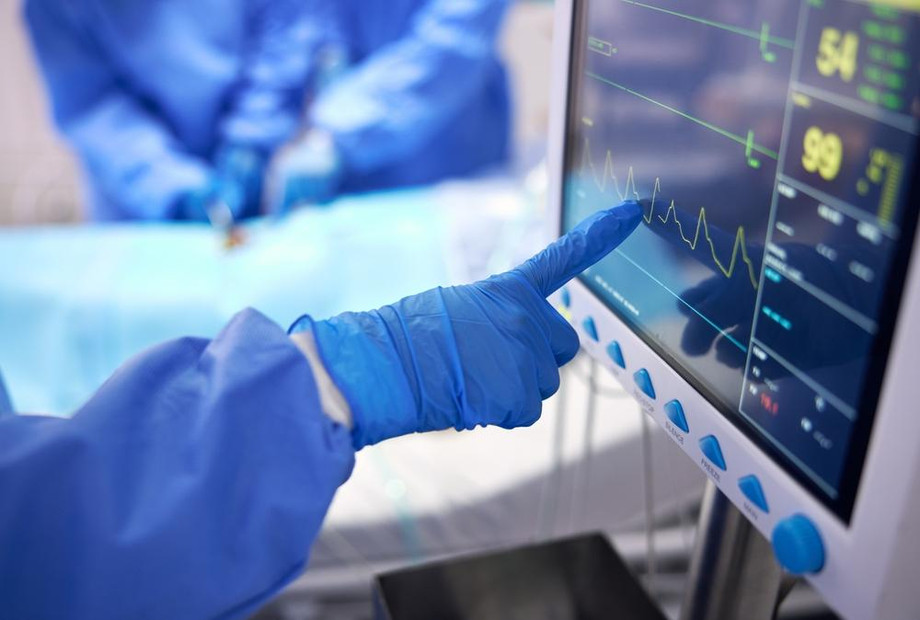Medical device development is a rapidly advancing field with the potential to significantly improve human health and quality of life. However, this progress brings with it various ethical challenges that must be addressed to ensure these innovations are both effective and responsibly developed. This article examines the fundamental ethical principles that should guide medical device creation and implementation.
Core Ethical Principles
-
Patient Safety and Well-being: Patient safety must remain the highest priority in medical device development. Devices should undergo comprehensive design and testing to confirm their safety and efficacy, minimising risks and ensuring the benefits far outweigh any potential harms.
-
Informed Consent: Patients must provide informed consent before participating in clinical trials or using medical devices. This involves a clear understanding of the risks, benefits, and available alternatives, upholding their autonomy and protecting their rights.
-
Privacy and Confidentiality: Medical devices often involve handling sensitive patient data. Strong data security measures are essential to protect privacy and ensure data is used only for its intended purposes, building trust and meeting ethical standards.
-
Accessibility and Affordability: Medical devices should be accessible and affordable to all, regardless of socioeconomic status. Developers must design solutions that cater to diverse populations and adopt pricing strategies that prioritise equitable access to life-saving technologies.
-
Environmental Responsibility: Ethical medical device development should address environmental considerations, focusing on sustainable resource usage, waste reduction, and eco-friendly practices to minimise harm to the environment.
Broader Ethical Issues
Beyond these core principles, additional ethical considerations must be addressed:
-
Equity and Justice: The development and distribution of medical devices should be equitable, ensuring that all patients—regardless of race, gender, ethnicity, or socioeconomic background—have fair access to care.
-
Animal Testing: When animal testing is unavoidable, it should comply with ethical guidelines to minimise harm. Developers should also explore alternative methods to uphold humane practices.
-
Dual-use Technologies: Some medical devices may have applications beyond their intended medical purposes. Developers must carefully evaluate the risks and benefits of such technologies to prevent misuse and encourage responsible innovation.
-
Global Health Impact: Medical devices can play a significant role in reducing global health disparities. Developers should focus on affordability and accessibility for underserved and low-income populations, promoting health equity worldwide.
Conclusion
Ethical considerations are essential for the responsible development of medical devices, ensuring that innovations prioritise patient safety, fairness, and global health. Balancing technological progress with moral accountability requires a commitment to bioethical principles, equitable access, and sustainable practices.
Professionals in this field can benefit from resources like the Biotech Directory, which provides insights into biotech companies in Australia, medical device ethics, bioethics, life sciences, pharmaceuticals, clinical trials, and global health challenges. These platforms foster collaboration and informed decision-making, advancing innovation responsibly and with integrity.

